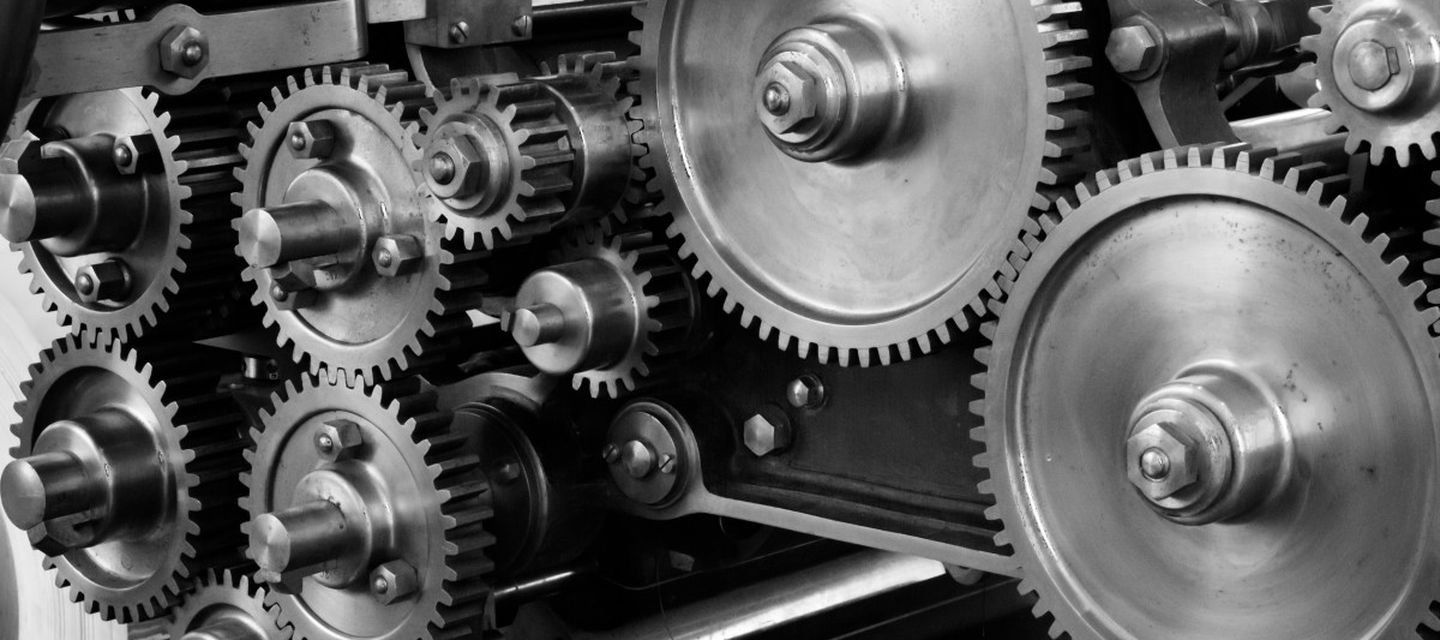
Explaining the ‘black box’
Whether it’s a traffic fine, a court judgement or the price of your airline booking: increasingly, we leave decisions to algorithms. In the future, companies and institutions may not be able to explain what happens inside the ‘black box’. Decisions can cost or save us millions – but what if we disagree or question the outcome? A conversation between economics and data science.
In this event Marcel Worring will provide an introduction to the current state of AI systems that are used to make decisions affecting our everyday lives. For most of us, these systems are black-boxes: we don’t know much about their inner workings, how they use our data, or how they reached their decisions. Following this, Hinda Haned will explore the recent advances and efforts in research that aim to make some of these AI systems explain themselves. She will illustrate as well how these explanations can help end-users such as scientists, decisions makers and citizens to be informed users. Finally, David Graus will speak about his project Reading News with a Purpose, launched in an era in which algorithmic personalization and recommendation is becoming more commonplace in digital media. At the same time, these technologies are increasingly being scrutinized and criticized, with the rise in distrust and skepticism around collecting and processing personal data. Graus and his team set out to provide transparency around data collection, while at the same time offering readers useful insights into their own reading behavior.
Following the speakers’ presentations they will engage in a panel discussion with one another and the audience.
About the speakers
Marcel Worring is director of the Informatics Institute and full professor in data science for business analytics (Amsterdam Business School). Before becoming director of II he was associate director of Amsterdam Data Science. His research is in Multimedia Analytics, focused on the integration of Multimedia Analysis, Multimedia Mining, Information Visualization, and Multimedia Interaction into a coherent framework which yields more than its constituent components.
Hinda Haned is professor by special appointment of Data Science at the University of Amsterdam’s Faculty of Science. Her research focuses on building algorithmic and intelligent learning systems in order to assist users in data-driven decision making. Haned has been lead data scientist at Ahold Delhaize since 2015 and principal scientist since 2018. From 2010 to 2015, she worked as a research statistician at the Netherlands Forensic Institute (NFI). In 2014, she was awarded an EU grant to develop open source forensic software and organise educational workshops on the statistical evaluation of forensic DNA evidence. Haned obtained her PhD in Applied Statistics from the University of Lyon, France, in 2010.
David Graus is a data scientist with a PhD in information retrieval and natural language processing. In his current role as lead data scientist for the SMART Journalism and SMART Radio projects at FD Mediagroep he works on bringing AI to media, through algorithmic personalization and summarization. He obtained his PhD degree at the University of Amsterdam (UvA) in 2017, where he worked on semantic search and computational methods for automated understanding of large-scale textual digital traces in the context of e-discovery and digital forensics.
Georgina Ustik (moderator) is an editor at The Next Web. She created the Big Spam newsletter, and writes about diversity in STEM, internet culture, and social media. Recently she was a keynote speaker at TNW Conference 2019 where she spoke about audience engagement.
:rgb(-15)

:rgb(-25)

:rgb(8)
